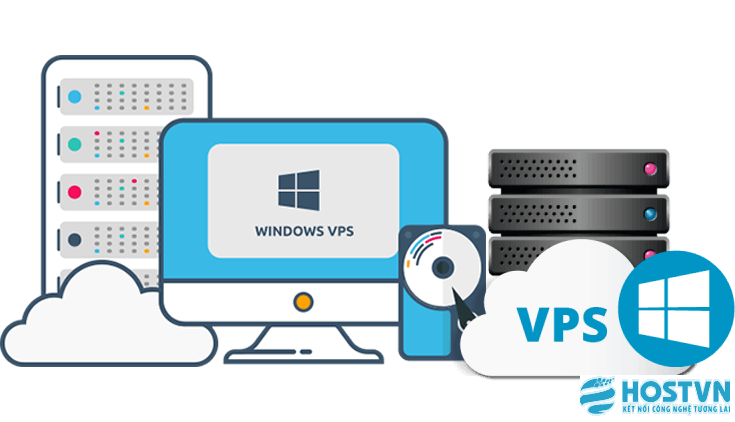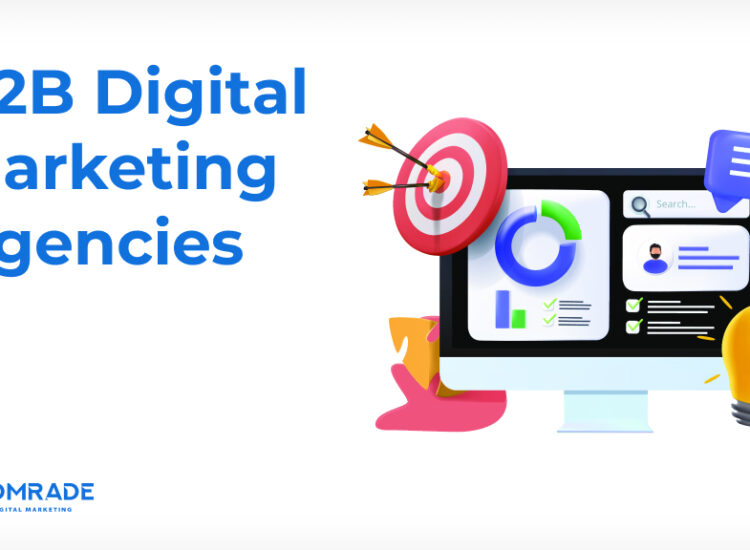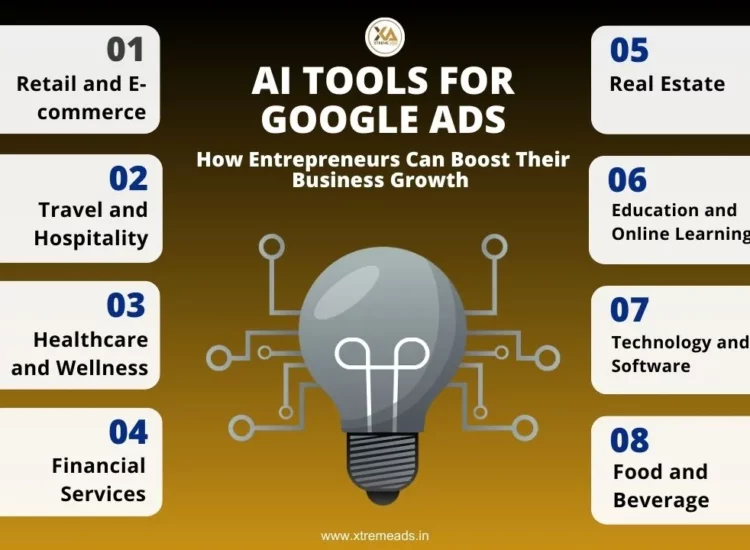In an increasingly digital world, the security of sensitive information has become paramount. This is particularly true in the healthcare sector, where the confidentiality, integrity, and availability of medical data are critical for patient well-being and trust. Traditional data security measures, while essential, often fall short in addressing the evolving threats and complexities of modern healthcare. Enter blockchain, a revolutionary technology that offers a decentralized, immutable, and transparent framework with the potential to fundamentally transform medical data security. This article delves into the intricacies of blockchain for medical data security, exploring its mechanisms, benefits, challenges, and real-world applications, ultimately highlighting its potential as a comprehensive solution for the future of healthcare.
Toc
- 1. The Heightened Importance of Medical Data Security in the Digital Age
- 2. Understanding Blockchain Technology: A Foundation for Secure Medical Data
- 3. How Blockchain Enhances Medical Data Security: A Detailed Exploration
- 4. Related articles 01:
- 4.1. Secure and Tamper-Proof Storage of Electronic Health Records (EHRs)
- 4.2. Granular Access Control and Secure Data Sharing Among Stakeholders
- 4.3. Preventing Data Alteration and Fraudulent Activities
- 4.4. Improving Data Integrity and Auditability for Compliance
- 4.5. Empowering Patients with Control Over Their Medical Data
- 4.6. Securing the Pharmaceutical Supply Chain and Combating Counterfeiting
- 4.7. Enhancing Privacy Through Pseudonymization and Anonymization
- 5. The Multifaceted Benefits of Leveraging Blockchain for Medical Data Security
- 6. Navigating the Challenges and Limitations of Blockchain Implementation in Healthcare
- 7. Related articles 02:
- 8. Real-World Applications and Emerging Use Cases of Blockchain in Medical Data Security
- 9. Blockchain – A Transformative Force in Securing the Future of Medical Data
The Heightened Importance of Medical Data Security in the Digital Age
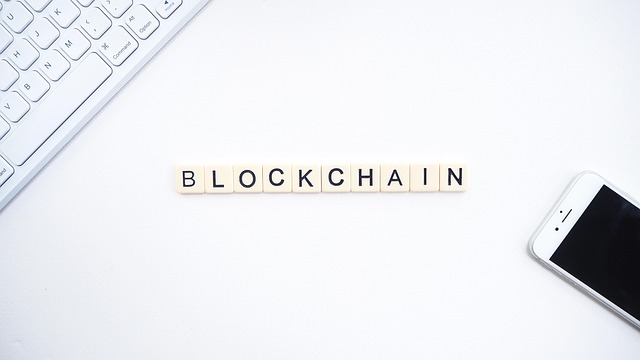
Medical data encompasses a vast array of highly personal and confidential information, including patient histories, diagnoses, treatments, medications, and genetic information. The unauthorized disclosure or misuse of this data can have severe consequences for individuals, leading to privacy violations, discrimination, reputational damage, and even physical or emotional harm. The inherent sensitivity of healthcare information necessitates robust and reliable security measures.
The Sensitivity of Healthcare Information
The unauthorized disclosure or misuse of this data can have severe consequences for individuals, leading to privacy violations, discrimination, reputational damage, and even physical or emotional harm. The inherent sensitivity of healthcare information necessitates robust and reliable security measures.
The Escalating Threat of Cyberattacks and Data Breaches
Healthcare organizations are increasingly becoming prime targets for cyberattacks due to the sheer volume and value of the data they hold. Data breaches can result in the theft of millions of patient records, leading to significant financial losses, legal liabilities, and a loss of public trust. The sophistication and frequency of these attacks underscore the urgent need for more resilient and proactive security solutions.
Regulatory Compliance and the Cost of Non-Compliance
The healthcare industry is subject to stringent regulations and compliance standards, such as the Health Insurance Portability and Accountability Act (HIPAA) in the United States and the General Data Protection Regulation (GDPR) in Europe. These regulations mandate strict security protocols for protecting patient data. Non-compliance can result in hefty fines, legal repercussions, and significant damage to an organization’s reputation. Therefore, implementing effective medical data security measures is not only ethical but also a legal and financial imperative.
Understanding Blockchain Technology: A Foundation for Secure Medical Data

At its core, a blockchain is a distributed, immutable ledger that records transactions across many computers. Instead of relying on a central authority, the ledger is shared and synchronized among all participants in the network. Data is grouped into blocks, which are cryptographically linked together in a chronological order, forming a chain.
What is Blockchain? A Simplified Explanation
Instead of relying on a central authority, the ledger is shared and synchronized among all participants in the network. Data is grouped into blocks, which are cryptographically linked together in a chronological order, forming a chain.
Key Features of Blockchain Relevant to Security
Several key characteristics of blockchain make it particularly well-suited for enhancing medical data security:
Immutability: Ensuring Data Integrity
Once a block of data is added to the blockchain, it cannot be altered or deleted. This immutability ensures the integrity and trustworthiness of medical records, preventing unauthorized modifications or tampering. This is crucial for maintaining accurate and reliable patient information.
Decentralization: Eliminating Single Points of Failure
In a blockchain network, data is distributed across multiple nodes, eliminating the risk of a single point of failure. If one node is compromised, the rest of the network remains unaffected, ensuring the availability and resilience of medical data.
Transparency (with Controlled Access): Enabling Auditing and Trust
While the data on a public blockchain is transparent, access to specific information can be controlled through cryptographic keys. In the context of medical data security, this allows authorized healthcare professionals and patients to access relevant information while maintaining privacy for unauthorized individuals. The transparent nature also facilitates auditing and tracking of data access.
Cryptographic Security: Protecting Data from Unauthorized Access
Blockchain utilizes advanced cryptographic techniques, such as hashing and digital signatures, to secure data and transactions. Each block is linked to the previous one using a unique cryptographic hash, making it virtually impossible to tamper with the chain without invalidating subsequent blocks. Digital signatures ensure the authenticity and integrity of data and transactions.
How Blockchain Enhances Medical Data Security: A Detailed Exploration
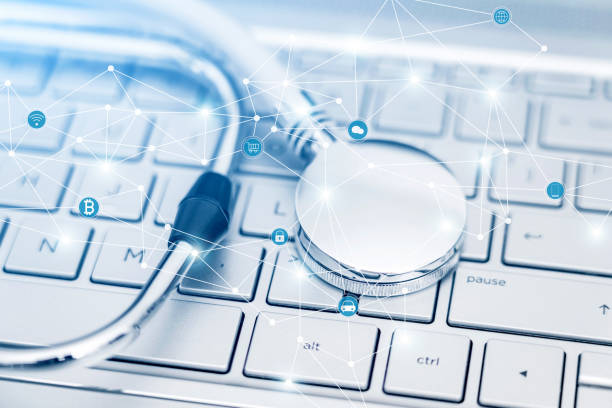
The unique features of blockchain offer a multitude of ways to strengthen medical data security and address the limitations of traditional systems:
5. https://cungcapthietbiyte.com/mmoga-telemedicine-technology-trends-shaping-the-future-of-healthcare
Secure and Tamper-Proof Storage of Electronic Health Records (EHRs)
Blockchain provides a secure and immutable platform for storing Electronic Health Records (EHRs). Each patient’s medical history can be recorded as a series of blocks, chronologically linked and cryptographically secured. This ensures the integrity and authenticity of the records, making them resistant to unauthorized alterations or deletions.
Granular Access Control and Secure Data Sharing Among Stakeholders
Blockchain enables fine-grained control over who can access specific medical data. Using private keys and permissions, patients can grant access to their records to specific healthcare providers, researchers, or other authorized individuals. This ensures that only authorized parties can view sensitive information, enhancing patient privacy and security.
Preventing Data Alteration and Fraudulent Activities
The immutable nature of blockchain makes it extremely difficult to alter or tamper with medical records without leaving a trace. Any unauthorized attempt to modify data would be immediately detectable by other nodes in the network. This significantly reduces the risk of fraud, such as the alteration of prescriptions or the falsification of medical histories.
Improving Data Integrity and Auditability for Compliance
The transparent and auditable nature of blockchain simplifies compliance with healthcare regulations. All data access and modifications are recorded on the blockchain, providing a clear and auditable history of all interactions. This allows healthcare organizations to easily demonstrate compliance with regulations like HIPAA and GDPR.
Empowering Patients with Control Over Their Medical Data
Blockchain can empower patients by giving them greater control over their own medical data. Patients can hold the private keys to their records, deciding who can access their information and for what purpose. This patient-centric approach to data ownership can foster trust and improve the overall healthcare experience.
Securing the Pharmaceutical Supply Chain and Combating Counterfeiting
Blockchain can be used to track the movement of pharmaceutical products throughout the supply chain, from manufacturing to distribution and ultimately to the patient. This provides a transparent and auditable record of each product’s journey, helping to combat the proliferation of counterfeit drugs and ensure the authenticity and safety of medications.
Enhancing Privacy Through Pseudonymization and Anonymization
While blockchain itself is transparent, it can be combined with techniques like pseudonymization and anonymization to further enhance patient privacy. Patient identities can be replaced with pseudonyms or anonymized altogether while still allowing authorized parties to access and analyze relevant medical data for research or treatment purposes.
The Multifaceted Benefits of Leveraging Blockchain for Medical Data Security

The adoption of blockchain for medical data security offers a wide range of benefits for patients, healthcare providers, and the healthcare industry as a whole:
Increased Trust and Transparency in Healthcare Data Management
Blockchain fosters trust by providing a transparent and auditable record of all data transactions. This increased transparency can lead to greater confidence in the accuracy and security of medical data.
Reduced Risk of Data Breaches and Unauthorized Access
The decentralized and cryptographically secured nature of blockchain significantly reduces the risk of data breaches and unauthorized access compared to traditional centralized systems.
Improved Interoperability and Seamless Data Exchange
Blockchain can facilitate seamless and secure data exchange between different healthcare providers and systems, improving interoperability and enabling a more holistic view of patient health.
Enhanced Patient Empowerment and Data Ownership
By giving patients more control over their medical data, blockchain empowers them to actively participate in their own healthcare journey.
Streamlined Administrative Processes and Reduced Costs
Blockchain can automate and streamline various administrative processes in healthcare, such as claims processing, billing, and record management, leading to reduced costs and increased efficiency.

Despite its immense potential, the widespread adoption of blockchain for medical data security faces several challenges and limitations:
Scalability Issues and the Handling of Large Data Volumes
Current blockchain technologies may face scalability challenges when dealing with the massive amounts of data generated by the healthcare industry. Research and development are ongoing to address these limitations.
Interoperability with Existing Healthcare Systems and Legacy Infrastructure
Integrating blockchain with existing healthcare systems and legacy infrastructure can be complex and require significant effort and investment.
Regulatory Uncertainty and the Need for Clear Guidelines
The regulatory landscape surrounding blockchain technology in healthcare is still evolving. Clear guidelines and standards are needed to facilitate its widespread adoption.
The Requirement for Technical Expertise and Skilled Personnel
Implementing and managing blockchain-based healthcare solutions requires specialized technical expertise, which may be a barrier for some organizations.
Initial Implementation Costs and the Need for Infrastructure Investment
The initial costs of implementing blockchain technology and building the necessary infrastructure can be substantial.
Real-World Applications and Emerging Use Cases of Blockchain in Medical Data Security

Despite the challenges, several pilot projects and companies are already exploring and implementing blockchain for medical data security:
Examples of Pilot Projects and Companies Utilizing Blockchain for Healthcare Security
Medicalchain: This platform aims to create a patient-centric health record system using blockchain technology, allowing patients to control access to their medical data.
BurstIQ: This company offers a blockchain-based platform for secure healthcare data exchange and analytics.
Guardtime: This company utilizes blockchain technology to ensure the integrity and security of electronic health records.
These are just a few examples of the growing interest and activity in the field of blockchain for medical data security. As the technology matures and the regulatory landscape becomes clearer, we can expect to see even more innovative applications emerge.
Potential Future Applications and Innovations in the Field
As the technology matures and the regulatory landscape becomes clearer, we can expect to see even more innovative applications emerge.
Blockchain – A Transformative Force in Securing the Future of Medical Data
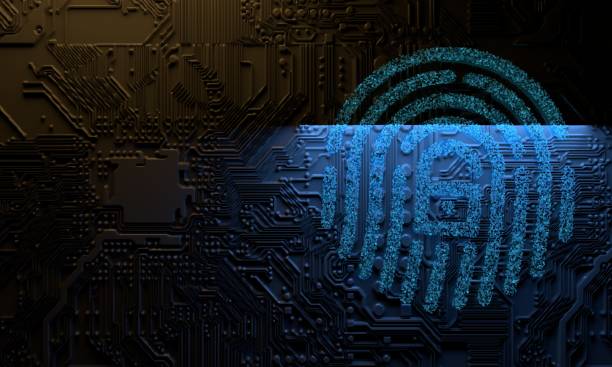
In conclusion, blockchain technology holds immense promise for revolutionizing medical data security. Its inherent features of immutability, decentralization, transparency, and cryptographic security offer a robust and reliable framework for addressing the critical challenges of protecting sensitive healthcare information. While challenges such as scalability and interoperability need to be addressed, the potential benefits of blockchain for medical data security – including enhanced data integrity, improved patient privacy, increased trust, and streamlined processes – are undeniable. As the healthcare industry continues its digital transformation, blockchain is poised to play a pivotal role in securing the future of medical data, ultimately leading to better patient outcomes and a more trustworthy healthcare ecosystem.
The benefits outlined throughout this article paint a clear picture of this transformative potential. From the secure and tamper-proof storage of Electronic Health Records (EHRs) to the granular control patients can exert over their sensitive information, blockchain empowers individuals and strengthens the integrity of medical data. The ability to prevent fraudulent activities, enhance auditability for regulatory compliance, and streamline the pharmaceutical supply chain further underscores the versatility and value proposition of this technology. By fostering greater trust and transparency, reducing the risk of devastating data breaches, and improving interoperability between disparate healthcare systems, blockchain lays the groundwork for a more efficient and collaborative healthcare landscape.
While acknowledging the existing challenges and limitations is crucial, it’s important to view them as hurdles to overcome rather than insurmountable obstacles. Issues surrounding scalability, interoperability with legacy systems, and the need for clear regulatory guidelines are actively being addressed by researchers, developers, and industry stakeholders. As the technology matures and more standardized protocols emerge, we can anticipate significant progress in these areas. Furthermore, the increasing availability of technical expertise and the growing awareness of the long-term cost savings and enhanced security offered by blockchain will likely drive further adoption within the healthcare industry.
Looking beyond just security, the implementation of blockchain in healthcare has the potential to unlock a wealth of new possibilities. Imagine a future where patients have complete and portable control over their medical history, effortlessly sharing relevant information with different specialists or participating in research studies with greater confidence in their privacy. Consider the potential for secure and efficient clinical trial data management, leading to faster drug development and more personalized treatments. The ability to create secure and auditable records of medical device usage and outcomes could also revolutionize post-market surveillance and improve patient safety.
